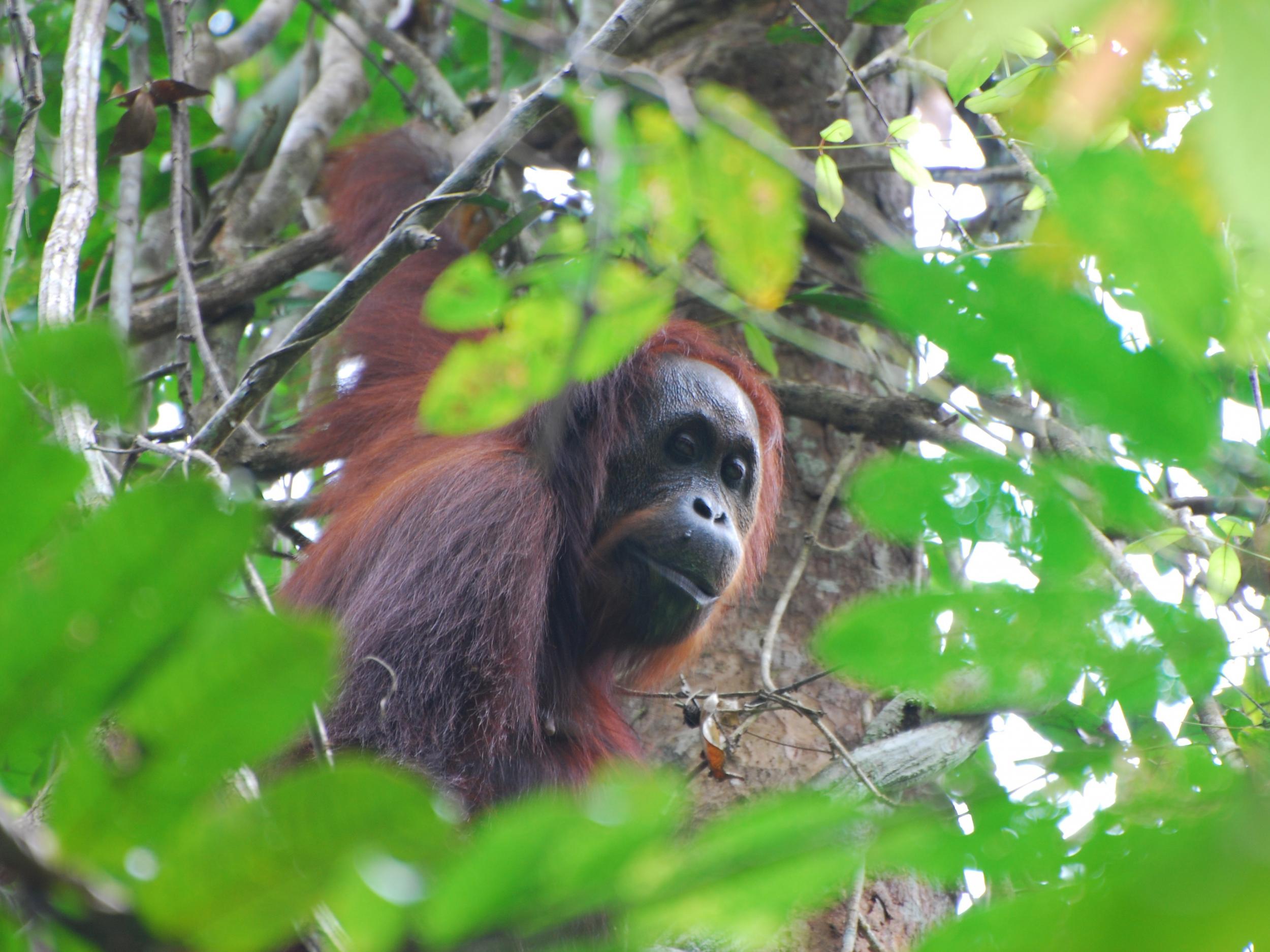If world leaders can’t be trusted to protect the environment, it’s no wonder people are taking matters into their own hands
Analysis: With untrustworthy individuals too often in charge of the planet’s most valuable resources, Josh Gabbatiss asks what ordinary people can do to save the world


Along with polar bears and elephants, orangutans are the poster children of global wildlife decline. In photos their sad, adorable, and very human faces gaze out at us from the splintered wreckage of a forest cut down to make way for palm oil plantations.
So it caused some surprise when the Indonesian government recently announced these animals are in fact bouncing back – their populations increasing by 10 per cent within the space of just two years across Indonesia’s forested islands.
It certainly surprised wildlife scientist Erik Meijaard, who together with a small team of colleagues has written a letter explaining categorically why they think the Indonesian authorities are wrong. They say a rosy picture has been painted based on unrepresentative data and wild assumptions – the orangutan numbers reported by the government were “biologically impossible”.
We can only speculate about the government’s motives, although it’s notable that deforestation is big business in Indonesia. It’s easy to see why authorities might want to approve numbers which make it seem like efforts to preserve nature’s bounty are going well, when in fact scientists have recorded horrifying declines in orangutan populations.
For other political leaders, outright antipathy towards the natural world is more clear cut. Jair Bolsonaro, the man who now controls two thirds of the largest rainforest on Earth, has made it clear he has no plans to look after it responsibly. Brazil’s new president plans to eliminate his environment ministry, kick green NGOs out of the country and build a massive highway through the middle of the Amazon.
Known as the “Trump of the Tropics”, Mr Bolsonaro is of course aping the rhetoric of another anti-environmentalist overseeing vast expanses of pristine nature. By dropping out of the Paris climate agreement and choosing to focus instead on “beautiful, clean coal”, Donald Trump has cemented his reputation as an existential threat to global environmental decisions that have taken years to formulate.
Following the Intergovernmental Panel on Climate Change’s shocking report in October, world leaders will soon meet in Poland to establish a “rulebook” for the Paris agreement that is meant to guide the world to a greener, carbon-free future.
The ambition is noble, but if we have leaders who don’t care that wildlife populations are in freefall while the planet’s temperature threatens to spiral out of control, it’s hard to be optimistic about its implementation. What’s the point of a rulebook if some of the most important players don’t want to stick to it?
With little faith left in their leaders, for many the obvious course of action is to take matters into their own hands. This can mean anything from the indigenous people of Brazil organising opposition to a man who threatens their very existence, to entire states in the US doing what they can to tear away from the federal government’s environmental plans and insisting that they will not let the president wreck the climate they all share.
In the UK , hundreds of activists have announced they are willing to go to prison to force ministers to take radical action on climate change as part of the “Extinction Rebellion” movement. While admittedly the UK’s environment policies have been comparatively sane compared to the US and Brazil, here too we see politicians letting green issues take a back seat behind business, and perhaps not always being 100 per cent truthful.
With warnings from experts about impending disaster looking ever more urgent, and leaders unwilling to act, the question many protestors ask is simply: what other choice do we have but to take action ourselves?
Join our commenting forum
Join thought-provoking conversations, follow other Independent readers and see their replies
Comments
Bookmark popover
Removed from bookmarks